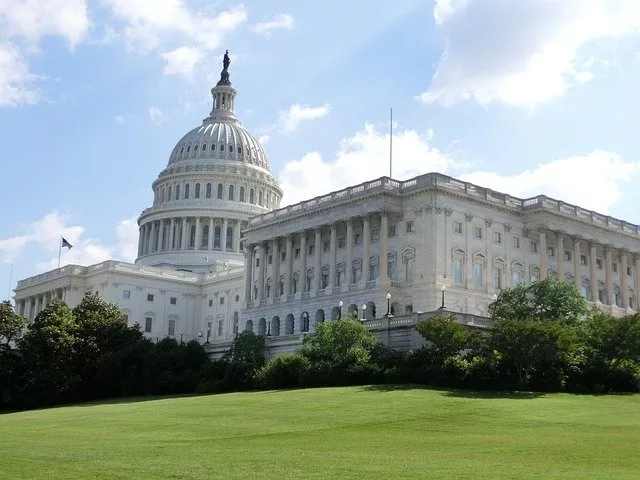The latest federal funding bill working its way through Congress will delay a contentious requirement for the use of mental telehealth visits.
Despite the rapid ascension of telehealth as a major means of receiving behavioral health care, the Consolidated Appropriations Act 2022 — released on Wednesday — states that clinicians must see their Medicare patients in person within six months of a mental telehealth visit.
However, the bill — which spells out $1.5 trillion in federal spending — would delay the implementation of this rule until the 152nd day following the end of the public health emergency.
Previous rules finalized by the federal government would require an annual in-person visit for a Medicare beneficiary telemental health visits.
The public health emergency (PHE) is a regulatory framework established by the federal government to allow it to better respond to the coronavirus pandemic. The PHE was decreed by then Pres. Donald Trump on March 13, 2020, and was renewed for another 90 days on Jan. 14 — the PHE expires on April 14.
In general, the spending bill would allow the telehealth flexibilities put into place during the PHE to remain in place for 151 days, or about five months. The bill continues the flexibility of seniors to receive telehealth visits, including audio-only visits, from their homes.
Mental telehealth rose to special significance within the behavioral health space, especially among patients who are covered by Medicare, the federal health plan for seniors. The federal government tracked a 3,090% increase in the use of telehealth for behavioral health visits in 2020 compared to 2019. About 38% of all behavioral health visits were offered via telehealth.
The bill also expands telehealth reimbursement flexibilities to occupational therapists, physical therapists, speech-language pathologists and audiologists.
On Wednesday, leaders in the U.S. House of Representatives announced they had reached an agreement on a $1.5 trillion funding bill that would fund the federal government through the end of the current fiscal year, which ends in September. The current funding plan passed by Congress is slated to expire at the end of the week.
Rollcall.com reported Wednesday morning that the House would take a vote on the bill on Wednesday. Democrats in the House, who hold a slim majority, also said they have a days-long stopgap measure prepared should the legislation stall in the U.S. Senate.
The spending bill details spending for the entirety of the federal budget across its 2,741 pages.



